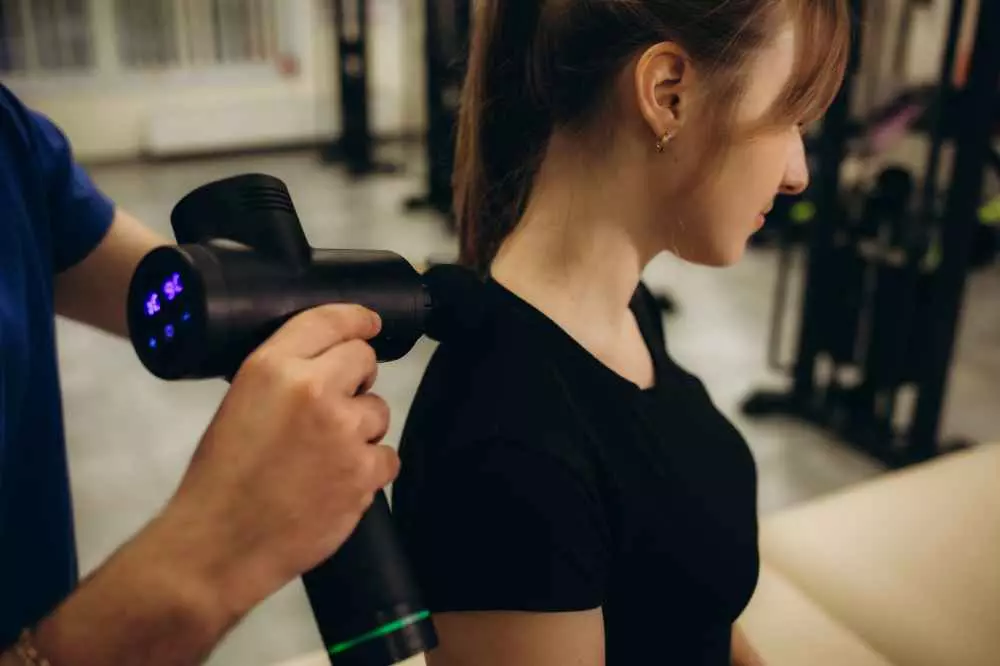Introduction to the topic of technology in rehabilitation
Rehabilitation of patients is a process that is gaining importance in today's society. Technology is playing a key role in this field, introducing innovative solutions that not only speed up the healing process, but also improve patients' quality of life. In this article, we will take a look at how modern tools and techniques affect rehabilitation, and the benefits of using them.

Modern tools in rehabilitation
Nowadays, rehabilitation is benefiting from various forms of technology, which make the treatment process much easier for both therapists and patients. Robotics and virtual reality are just some examples of tools that are gaining popularity. Rehabilitation robots support patients in performing repetitive movements, which is crucial in the recovery process. Virtual reality cockpits, on the other hand, offer unique opportunities to engage patients in motor training.
Telemedicine in rehabilitation
Telemedicine is another area where technology is changing the way patients receive rehabilitation. Remote consultations allow patients to access specialists without having to leave their homes. This allows them to continue their therapy, even when living in small towns or areas with limited access to such services.
Use of data and artificial intelligence
The use of data and artificial intelligence in rehabilitation opens up new possibilities in diagnosing and monitoring patients' progress. Artificial intelligence algorithms are able to analyze data from health applications, identifying patterns and suggesting personalized rehabilitation programs. This type of approach makes rehabilitation more effective and personalized.
Benefits of technology
Investing in modern rehabilitation technology has numerous benefits. First of all, patients using such solutions often experience faster results from use, which increases their motivation to continue therapy. In addition, technology allows for real-time monitoring of progress, making it easier to modify treatment plans when necessary.
Virtual rehabilitation - advantages and disadvantages
Virtual reality rehabilitation is an innovative method that is gaining popularity among therapists and patients. With simulations in a highly interactive environment, patients can exercise in an engaging and challenging way. However, there are also some drawbacks associated with this form of rehabilitation, such as the need for appropriate equipment and potential adaptation issues for some patients.
The future of technology in rehabilitation
Looking ahead, we can expect to see significant developments in technology in the field of rehabilitation. Wearable technology, or wearable technology, will play a key role, enabling continuous monitoring of patients' conditions and progress. Personalized mobile apps that tailor exercise programs to individual needs are becoming increasingly popular and available.
Summary
The role of technology in patient rehabilitation is undeniable and growing. Innovations such as robotics, telemedicine, data and artificial intelligence are helping to significantly accelerate patients' recovery and improve their quality of life. As technology continues to evolve, we can expect further positive changes in rehabilitation that will benefit both patients and therapists.